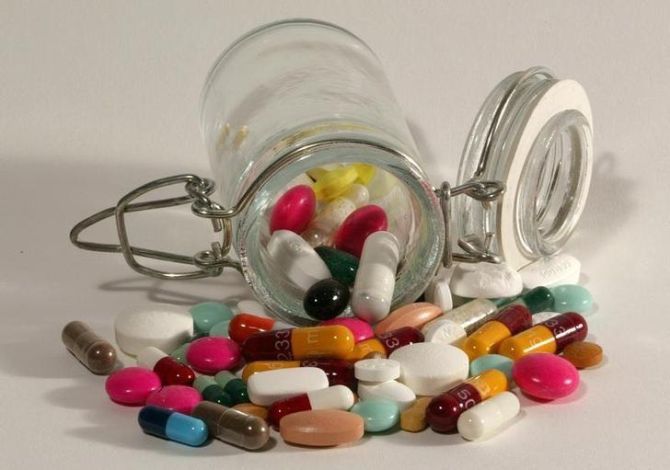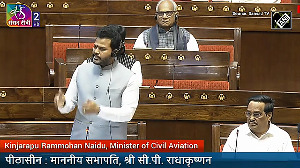Experts believe the move will have little impact given limited production of generic drugs and authority of doctors in prescribing medicines.

The government has made it mandatory for all chemists to display generic medicines prominently as a part of a larger push to make health care affordable.
A decision in this regard was taken by the government's Drug Technical Advisory board and communicated to all state governments by S Eswara Reddy, Drug Controller General of India on Tuesday.
“It has been decided that every retail outlet should provide for a separate shelf or rack reserved exclusively for stocking generic medicines in the licensed premises,” Reddy said.
The generic medicines have to be stored separate from other medicines and shall be visible to consumers as per the government directive.
The move is the latest action from the Centre to encourage the use of generic drugs though industry experts believe that it would have little impact given limited production of generic medicines and authority of doctors in prescribing medicines.
Finance Minister Arun Jaitely in his Budget speech last year had announced that the government would introduce rules to promote the use of generic medicines.
The government had proposed an amendment to the Drug and Cosmetic Rules to make it mandatory for doctors to prescribe generic medicines. But the initiative has remained on paper.
In March, the government made it mandatory for pharmaceutical companies to print generic names of drugs in a font which is two font sizes larger than the brand name.
Jashvant Patel, president of The Federation of Gujarat State Chemists & Druggists Association said that the recent government decision is meaningless unless the chemists are allowed to substitute the medicines prescribed by doctors.
"The Drugs and Cosmetics Act needs to be amended to allow chemists to suggest generic medicines to patients in place of doctor-prescribed medicines. Doctors here prescribe branded generics," he said.
"Margins are around 50 per cent for generic drugs. No one has a problem stocking them but there is no demand," Patel said.
The All-India Chemists and Distributors Federation too has conveyed its opposition regarding the move to the government.
Former president of Indian Medical Association Dr K K Agarwal said that providing separate shelf in stores will not be a solution and government should prescribe "one company, one drug, one price solution" for affordable healthcare.
Photograph: Jacky Naegelen/Reuters











